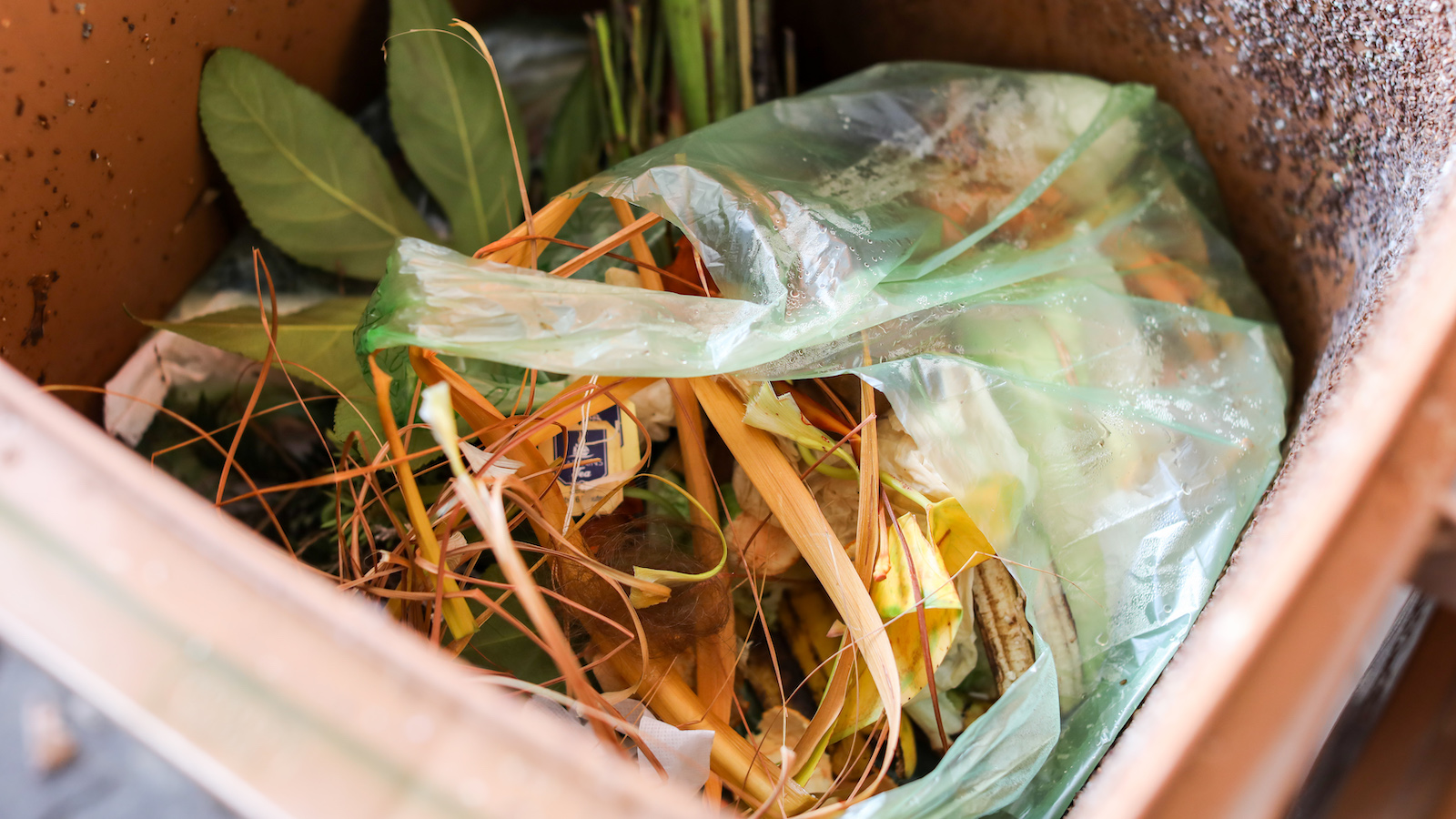The myth of ‘home-compostable’ plastics
Study shows 60% of plastics certified for home composting don’t break down.

Source of image: Jan Woitas / Picture Alliance via Getty Images
Source of article: Grist.org
As single-use plastics fall further out of favor among environmentally-conscious consumers and governments, many companies are turning to newer materials that they say will break down in people’s backyard composting bins. But new research reveals that most of these so-called “home-compostable” plastics don’t live up to their labels.
What is WeBU doing?
WeBU is engaging with the City of Darwin, Lakeside Drive Community Garden and local primary schools to learn and make site specific decisions on what can and can't be composted.
We live in Darwin, our composters get super hot and our guess is that 'proper' compostable bags will disappear without a trace.
Ideally, avoid compostable bags in the first place. Try and avoid buying something that is made to be used once and thrown away.
As consumers, the source of our power is to identify, change and influence markets!
Be a change agent! Save the resources. Save your money. Live well without it.
Besides, it's no big deal to wash your kitchen caddy after you empty it into your bucket or composter. One small yet significant contribution.
Nature loves you for it.
As WeBU engages with stakeholders to scale up local composting programs we all learn more about what goes where and the benefits of putting it in the right places. Ultimately, our efforts translate to improved use of resources, greater resilence, freshly grown fruit and vegetables, community empowerment and improved wellbeings.
A lengthy list of benefits.
Interestingly and simply, all of these benefits are provided by the art and science of nurturing and multiplying microbes. Like the ones in our glorious gut biome.
Celebrate everything.
